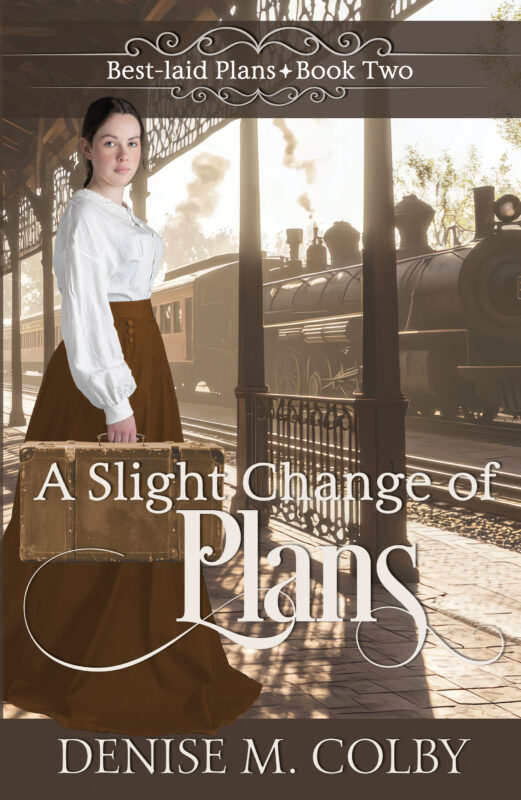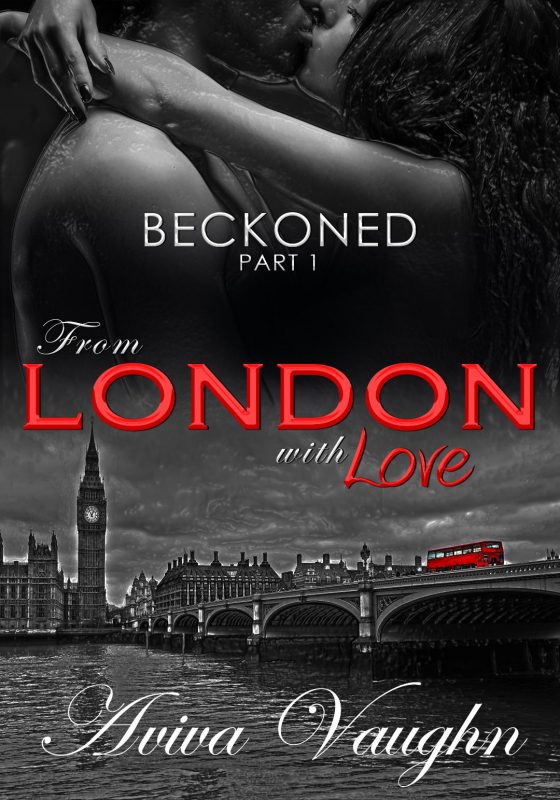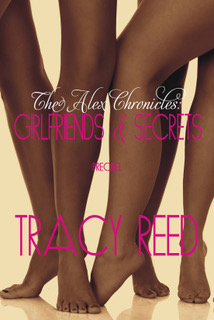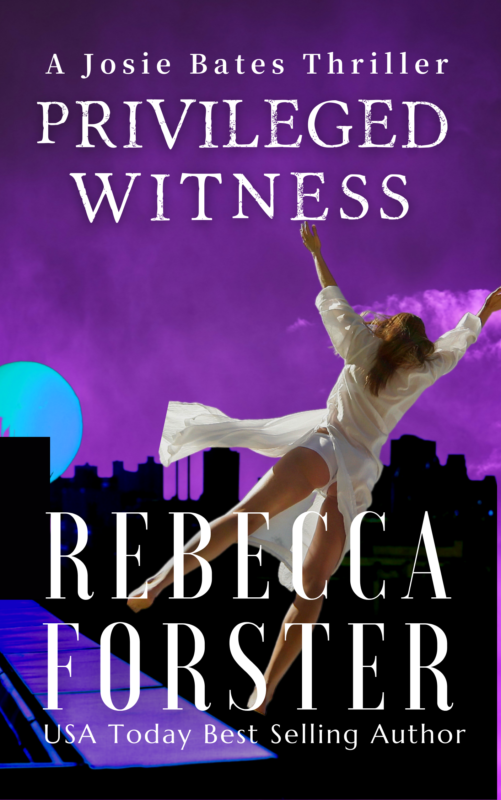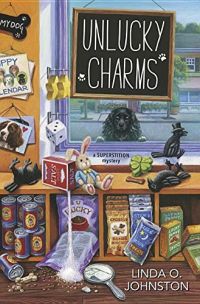The Orphans of Berlin cover reveal and that moment in proofreading that made me cry by Jina Bacarr
September 11, 2022 by Jina Bacarr in category historical fiction, Jina’s Book Chat, Writing tagged as Philadelphia, romance, writingWhat I’ve been up to…
@jinabacarrauthor A week in the life of an author can be crazy crazy #amwriting #amwritingromance #historytok #authorlife #writersoftiktok #booktok #authorsoftiktokr #historicalbooklover #booksthatmakeyoucry #amwritingromance #ameditingfiction
♬ original sound – Jina Bacarr Historical Author♥
Hey, everyone, I just had to share a moment with you… I was proofreading THE ORPHANS OF BERLIN (pulling an all-nighter) and the tears were flowing… I swear every time I get to certain sections of the story, it hits me.
I cry.
We writers spend days, weeks, months getting it right (or so we hope), then it moves through the system and we don’t see it for a while, then we get that final last look before it gets ready for you guys…
And it’s then we get to experience it as a reader. Wow…
You don’t think about the craziness of writing and rewriting and the intense research you’ve done to get there, you get caught up in the moment. Like a dance you’ve rehearsed and rehearsed and then the music starts and your feet don’t touch the ground… you’re flying!
I’m so excited to share this fabulous Boldwood Books cover here with you! This is a story of my heart… it takes place in Paris in the late 1930s and during WW2, Berlin… and Philadelphia. Yes, Philly… during the middle 1930s. We’ve got debutante balls, intrigue in Paris… Berlin when the Nazis came to power… and a hero to die for. And two heroines. Questions? Please ask me! I’m here and dying to share my story with you.
It’s a story about rescuing Jewish children on the French Kindertransport… children’s transport and three sisters who must leave Berlin before it’s too late… and the American woman determined to make that happen.
Thanks for listening…
Jina xx
A heartbreaking World War 2 novel that tells the story of two women’s fight for love, family and hope, as the world crumbles around them. Based on the true story of the Kindertransport rescue from Nazi-occupied Europe.
#TheOrphansofBerlin is out 10th November!
Pre-order now for $1.99 US and UK 99p:

Writing the Romantic Novella
August 19, 2022 by marianne h donley in category Ages 2 Perfection Online Class, Online Classes tagged as Craft, development, Pacing, romance novella, writing
Writing the Romantic Novella
Presented by: Catherine Chant
Date: September 12 – 23, 2022 (two week)
Pricing: A2P Member fee: $10
Non-A2P Member fee: $25
About the Workshop:
In this workshop you will learn what a novella is, how it’s more than word count that separates it from a novel, and how to successfully craft one of your own. Lesson topics include: Scope and Pacing, Character Development, Conflict, Plot, and Format. At the end of the workshop, you will have a brief outline of a novella you can start working on this year, a list of prospective publishers to submit your work to, and some tips for self-publishing your novella at Amazon, if you prefer to go the indie route.
About the Presenter:
Catherine Chant is a Romance Writers of America (RWA) Golden Heart® finalist. She writes rock ‘n’ roll romantic fiction and stories with paranormal twists for young adults. Her young adult rock ‘n’ roll time travel series is available now at your favorite online bookseller and her popular workshop “Grow a Book: Turning Your Story Idea Into a Workable Plot” is now available as an ebook and audio book. She teaches several online workshops for writers throughout the year. You can learn more at her website: http://www.catherinechant.com
0 1 Read moreHappy 3rd Birthday to my publisher Boldwood Books by Jina Bacarr
August 11, 2022 by Jina Bacarr in category Jina’s Book Chat, Writing tagged as #Boldwood Books, #Historical, romance, writing@jinabacarrauthor Happy 3rd Birthday to #boldwoodbooks #booktok #boldwoodbirthday @bookandtonic
♬ original sound – Jina Bacarr
I was a shy kid growing up… glasses, pigtails, my nose in a book, but I came alive on stage. I think that’s because there I could be someone else who wasn’t always the ‘new kid’.
You see, I went to fifteen schools growing up.
But there was one thing constant in my life on every birthday no matter in which state we lived.
My mother’s butter vanilla cake.
Every birthday Mom made me a cake from scratch. Sometimes milk chocolate icing, or lemon or coconut , but always that soul-melty butter cake. Sweet but not too sweet, smooth, silky cake and dollops and gobs of yummy buttercream frosting.
So this year when my publisher BOLDWOOD BOOKS asked us authors to do a video to celebrate the phenomenal success of the company on their 3rd birthday, I so wanted to make Mom’s butter vanilla cake but–
For the past three weeks, I’ve been obsessed with finishing my next Paris/Berlin WW2 novel (many all-nighters) — handing in the manuscript, then working on the edits from the best editor a writer could ever have. Amazing lady who challenges me to write the best books I can. I’ve been with Nia Beynon from the beginning of my Boldwood Books’ journey and she’s the best.
I’m proud to say I’m the first American author they signed in 2019.
On this fab occasion, I want to wish Team Boldwood a very happy 3rd birthday!!
I hope you enjoy my birthday video — I shot the vid at my local fancy bakery…
And if you look close enough, you’ll see that little girl in an insert in the video… with glasses and pigtails wound on top of her head.
Jina

Paris 1940
The Lost Girl in Paris
My heroine, Angeline de Cadieux, is a Roma girl in WW2 Paris… she’s strong, fights in the Resistance… makes exquisite perfumes and comes up with an amazing marketing campaign during the war to boost morale in France.
Thank you!
The Resistance Girl

Juliana discovers her grandmamma was a famous French film star in Occupied Paris & her shocking secret…
CA https://www.amazon.ca/dp/B08DNDHDG4
AU https://amazon.com.au/dp/B08DNDHDG4
The Runaway Girl

Once upon the ship of dreams… me dressed as a first class lady
Amazon:
HER LOST LOVE

0 0 Read more
The Fun of Being A Writer by Linda O. Johnston
August 6, 2022 by Linda O. Johnston in category Pets, Romance & Lots of Suspense by Linda O. Johnston tagged as Dogs!, Plotting, research, vacations, writing
What’s the fun of being a writer? Everything!
And part of that includes the fact that writing is always there. It becomes part of you. At least it has with me. Everything I do, everywhere I go, my writerness is part of it. And yes, that’s an unusual word although when I Googled it, other people have apparently used it, too.
I was on a cruise to Alaska last week with family and friends. It was lots of fun. We sailed near land going north, then south through the Inside Passage, visited several cities, took a few tours, and enjoyed the onboard food and entertainment. That entertainment sometimes included dogs, and you can imagine how much I liked that.
I particularly enjoyed the wildlife we saw, including young and adult bald eagles, other birds including those that flew over and sometimes dived into water like marbled murrelets, a few bears on the shoreline in the distance, some spouting whales, including humpbacks, and small breaching dolphins.
We got to wade in the water in the middle of a river—because, as you might surmise, that river wasn’t full of water.
We visited Victoria, British Columbia, Canada, and took a tour that included visiting a formerly private castle.
And, oh yes, I did some writing and editing . . . and came up with an idea for another mystery series.
Will I ever write it? Who knows? But plotting and researching it will definitely be enjoyable. Plotting is who I am, and my subconscious is always at work.
And yes, that’s part of the fun of being a writer.
~Linda
The Eviction of Figures of Speech
July 22, 2022 by Veronica Jorge in category Write From the Heart by Veronica Jorge tagged as Craft, Figurative language, Figures of Speech, writing
The current trend in writing is to tread carefully when using figurative language because descriptions may be offensive, such as comparing people with foods. So, even though my complexion is cappuccino and my eyes are almond-shaped, I’m not allowed to say that; even about my own self. It’s considered feeding a stereotype. In the Caribbean, we often made jokes by claiming, “I’m not really brown, I just stayed in the sun too long.” Or, “My hair’s not really kinky, it’s the humidity.”
From time immemorial, (I’m not really saying that time is old. Experienced perhaps?), people have been all colors, shapes, and sizes. Writers, artists and photographers capture what they see. Okay, maybe some artists were punished if the sovereign didn’t like how they were depicted, but a photo doesn’t lie. Yeah, that’s really you. Though nowadays you can doctor it up in photoshop.
It would seem that one may no longer describe characters as ‘cute as a button,’ ‘cool as a cucumber,’ ‘mean as a junkyard dog,’ ‘thick as thieves’, or ‘slow as molasses.’
Although, I don’t think the scarecrow from the Wizard of Oz would be offended if I called him a stuffed shirt ‘cause he was. And Jacob Marley will forever remain ‘as dead as a doornail.’
When we order coffee, do we no longer ask for a ‘short’ or ‘tall’?
The characters writers create are fictional. Figurative Language: metaphors, similes and personification, show the reader how the character perceives themselves and/or how they are perceived by others. All of which help the reader to understand the conflicts and motivations in their lives that cause them to act as they do. Descriptive language is also the artistic palette that allows readers to see the characters.
Mirror, mirror on the wall. We are who we are. When did we become so sensitive and easily offended?
In our overzealousness to be politically and diversely correct, we risk creating flat, unrealistic and unbelievable characters that by page five are dead on arrival.
Sometimes I wonder who is this collective that wants to do away with metaphors, similes and personification? As in the Wizard of Oz, I would like to draw back the curtain to reveal the ‘all-powerful’ entity controlling the literary world.
I don’t care what anyone says, the truth is the truth. My grandfather was black as tar, my father thin as six o’clock, my best-friend cackled like a chicken, my aunt nattered like a monkey, my uncle snored like a chainsaw.
And the world really is round, no matter how flat ‘they’ think it is.
See you next time on August 22nd!
Veronica Jorge
8 2 Read moreAffiliate Links
A Slice of Orange is an affiliate with some of the booksellers listed on this website, including Barnes & Nobel, Books A Million, iBooks, Kobo, and Smashwords. This means A Slice of Orange may earn a small advertising fee from sales made through the links used on this website. There are reminders of these affiliate links on the pages for individual books.
Search A Slice of Orange
Find a Column
Archives
Featured Books
BECKONED, PART 1: FROM LONDON WITH LOVE
The regret of missed opportunity...
More info →GIRLFRIENDS & SECRETS
Alexandra “Alex” Miller and her best friends are more like sisters. They live by the code that a good girlfriend will stick by you and be honest with you not matter what.
More info →PRIVILEGED WITNESS
The beautiful wife of a senate candidate is dead; his disturbed sister is accused.
More info →Newsletter
Contributing Authors
Search A Slice of Orange
Find a Column
Archives
Authors in the Bookstore
- A. E. Decker
- A. J. Scudiere
- A.J. Sidransky
- A.M. Roark
- Abby Collette
- Alanna Lucus
- Albert Marrin
- Alice Duncan
- Alina K. Field
- Alison Green Myers
- Andi Lawrencovna
- Andrew C Raiford
- Angela Pryce
- Aviva Vaughn
- Barbara Ankrum
- Bethlehem Writers Group, LLC
- Carol L. Wright
- Celeste Barclay
- Christina Alexandra
- Christopher D. Ochs
- Claire Davon
- Claire Naden
- Courtnee Turner Hoyle
- Courtney Annicchiarico
- D. Lieber
- Daniel V. Meier Jr.
- Debra Dixon
- Debra H. Goldstein
- Debra Holland
- Dee Ann Palmer
- Denise M. Colby
- Diane Benefiel
- Diane Sismour
- Dianna Sinovic
- DT Krippene
- E.B. Dawson
- Emilie Dallaire
- Emily Brightwell
- Emily PW Murphy
- Fae Rowen
- Faith L. Justice
- Frances Amati
- Geralyn Corcillo
- Glynnis Campbell
- Greg Jolley
- H. O. Charles
- Jaclyn Roché
- Jacqueline Diamond
- Janet Lynn and Will Zeilinger
- Jaya Mehta
- Jeannine Atkins
- Jeff Baird
- Jenna Barwin
- Jenne Kern
- Jennifer D. Bokal
- Jennifer Lyon
- Jerome W. McFadden
- Jill Piscitello
- Jina Bacarr
- Jo A. Hiestand
- Jodi Bogert
- Jolina Petersheim
- Jonathan Maberry
- Joy Allyson
- Judy Duarte
- Justin Murphy
- Justine Davis
- Kat Martin
- Kidd Wadsworth
- Kitty Bucholtz
- Kristy Tate
- Larry Deibert
- Larry Hamilton
- Laura Drake
- Laurie Stevens
- Leslie Knowles
- Li-Ying Lundquist
- Linda Carroll-Bradd
- Linda Lappin
- Linda McLaughlin
- Linda O. Johnston
- Lisa Preston
- Lolo Paige
- Loran Holt
- Lynette M. Burrows
- Lyssa Kay Adams
- Madeline Ash
- Margarita Engle
- Marguerite Quantaine
- Marianne H. Donley
- Mary Castillo
- Maureen Klovers
- Megan Haskell
- Melanie Waterbury
- Melisa Rivero
- Melissa Chambers
- Melodie Winawer
- Meriam Wilhelm
- Mikel J. Wilson
- Mindy Neff
- Monica McCabe
- Nancy Brashear
- Neetu Malik
- Nikki Prince
- Once Upon Anthologies
- Paula Gail Benson
- Penny Reid
- Peter J Barbour
- Priscilla Oliveras
- R. H. Kohno
- Rachel Hailey
- Ralph Hieb
- Ramcy Diek
- Ransom Stephens
- Rebecca Forster
- Renae Wrich
- Roxy Matthews
- Ryder Hunte Clancy
- Sally Paradysz
- Sheila Colón-Bagley
- Simone de Muñoz
- Sophie Barnes
- Susan Kaye Quinn
- Susan Lynn Meyer
- Susan Squires
- T. D. Fox
- Tara C. Allred
- Tara Lain
- Tari Lynn Jewett
- Terri Osburn
- Tracy Reed
- Vera Jane Cook
- Vicki Crum
- Writing Something Romantic
Affiliate Links
A Slice of Orange is an affiliate with some of the booksellers listed on this website, including Barnes & Nobel, Books A Million, iBooks, Kobo, and Smashwords. This means A Slice of Orange may earn a small advertising fee from sales made through the links used on this website. There are reminders of these affiliate links on the pages for individual books.
































